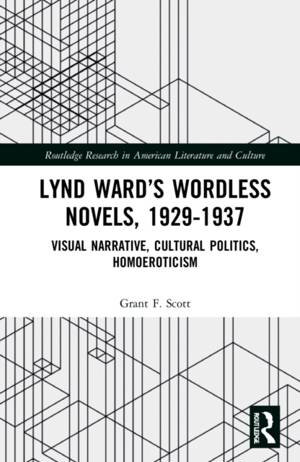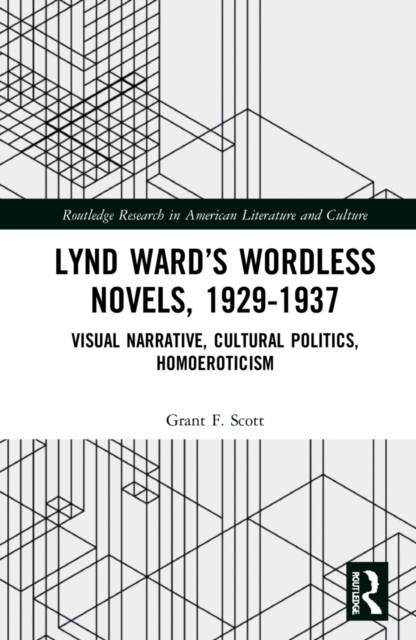
- Afhalen na 1 uur in een winkel met voorraad
- Gratis thuislevering in België vanaf € 30
- Ruim aanbod met 7 miljoen producten
- Afhalen na 1 uur in een winkel met voorraad
- Gratis thuislevering in België vanaf € 30
- Ruim aanbod met 7 miljoen producten
Lynd Ward's Wordless Novels, 1929-1937
Visual Narrative, Cultural Politics, Homoeroticism
Grant F ScottOmschrijving
This book offers the first multidisciplinary analysis of the "wordless novels" of American woodcut artist and illustrator Lynd Ward (1905-1985), who has been enormously influential in the development of the contemporary graphic novel. The study examines his six pictorial novels, each part of an evolving experiment in a new form of visual narrative that offers a keen intervention in the cultural and sexual politics of the 1930s. The novels form a discrete group - much like Beethoven's piano sonatas or Keats's great odes - in which Ward evolves a unique modernist style (cinematic, expressionist, futurist, realist, documentary) and grapples with significant cultural and political ideas in a moment when the American experiment and capitalism itself hung in the balance. In testing the limits of a new narrative form, Ward's novels require a versatile critical framework as sensitive to German Expressionism and Weimar cinema as to labor politics and the new energies of proletarian homosexuality.
Specificaties
Betrokkenen
- Auteur(s):
- Uitgeverij:
Inhoud
- Aantal bladzijden:
- 232
- Taal:
- Engels
- Reeks:
Eigenschappen
- Productcode (EAN):
- 9781032211169
- Verschijningsdatum:
- 31/05/2022
- Uitvoering:
- Hardcover
- Formaat:
- Genaaid
- Afmetingen:
- 152 mm x 229 mm
- Gewicht:
- 498 g

Alleen bij Standaard Boekhandel
Beoordelingen
We publiceren alleen reviews die voldoen aan de voorwaarden voor reviews. Bekijk onze voorwaarden voor reviews.











